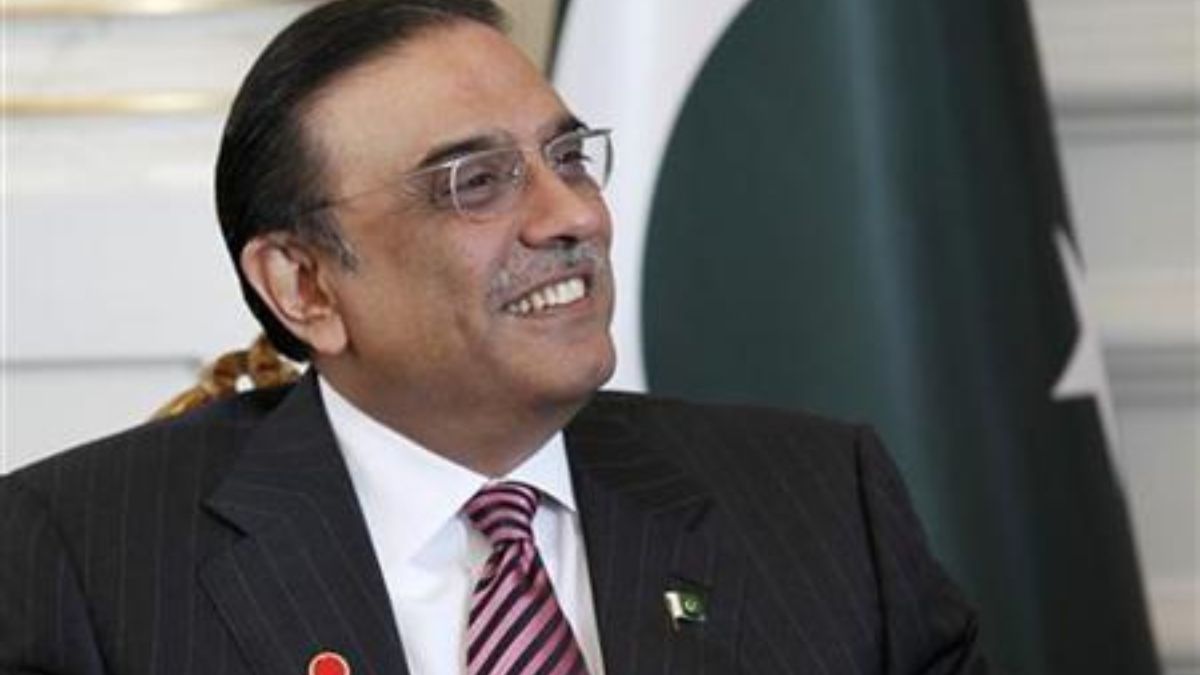Pakistan’s President Asif Ali Zardari on Tuesday will begin his official five-day visit to China at the invitation of President Xi Jinping. From economic cooperation to counterterrorism, the two leaders are expected to hold meetings on a wide range of topics.
This is the second time a high-ranking official from Pakistan will make the trip to China, the first being Prime Minister Shehbaz Sharif who visited the country nearly eight months ago, hinting at how the two nations are strengthening ties.
Meanwhile, Zardari will fly down to China at a time when his country is grappling with economic and security issues, which indirectly poses a problem for Beijing which has ongoing projects there.
China’s substantial investments in Pakistan remain under constant threat, particularly in the provinces of Balochistan and Khyber Pakhtunkhwa, where anti-government militants frequently target Chinese interests.
Despite the frequent high-level exchanges between the countries, Pakistan’s situation has remained stagnant.
Placating China
According to a report by SCMP, Zhu Yongbiao, a professor at Lanzhou University’s School of Politics and International Relations, said he believes that Zardari’s visit will be dominated by discussions on terrorism and the economy.
“The frequent high-level exchanges between Pakistan and China reflect, on the one hand, the special and close nature of the bilateral relationship, but on the other hand the need for the two countries to further strengthen communication,” Zhu said.
He added that Islamabad continued to experience a “volatile security situation,” necessitating close communication between Beijing and its South Asian neighbour.
Pleading with Saudi
At the same time, the Pakistani government signed an agreement with the Saudi Fund for Development (SFD) to defer by one year a $1.2 billion payment on oil imports.
Radio Pakistan reported that Pakistan and SDF on Monday signed two financing agreements worth over one billion dollars.
Impact Shorts
More ShortsThese agreements include “Deferred Payment for Oil Import from Saudi Arabia” worth $1.2 billion for one year and “Construction of Gravity Flow Water Supply Scheme” at Mansehra amounting to $41 million.
Petroleum products from Saudi Arabia make up a major chunk of Pakistan’s import bill.
The Saudi facility to defer the payment can help Islamabad boost its foreign reserves ahead of the first review of $7 billion from the International Monetary Fund in March.
Bickering with Kabul
Pakistan has been witnessing a troubled relationship with its neighbour Afghanistan on the issue of refugees.
Defence Minister Khawaja Asif threatened on Monday to deport Afghan refugees awaiting resettlement abroad if the host nations failed to swiftly accept them.
He said that approximately 175,000 Afghans arrived in Pakistan intending to resettle in the US and other Western countries after the Taliban seized control of Kabul in August 2021 and that thousands remained in Pakistan, awaiting repatriation.
With inputs from agencies


)

)
)
)
)
)
)
)
)



